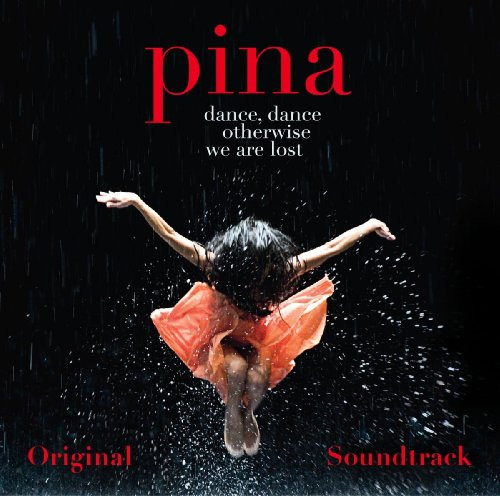Product Description
Made for the 1939 New York World's Fair, The City is a seminal documentary film distinguished for the organic integration of narration, cinematography (Ralph Steiner and Willard Van Dyke), and music(Aaron Copland). The score, arguably Copland's highest achievement in film, was also his ticket to Hollywood; it has been called "an astonishing missing link not only in the genesis of Copland's Americana style but in American music and cinema." (Mark Swed, The Los Angeles Times). As the film contains no dialogue, it is possible to create a fresh soundtrack and discover musical riches inaudible on the original monaural recording. As Copland created no suite from The City, this DVD at the same time marks the WORLD PREMIERE RECORDING of this music in its entirety.
DVD SPECIAL FEATURES: The City with the original 1939 soundtrack featuring narrator Morris Carnovsky. A documentary film from the Greenbelt Museum. A conversation with Joseph Horowitz, the legendary film maker.
Review
Commissioned by the American Institute of Planners to be shown in daily rotation at the 1939-40 New York World's Fair ("The World of Tomorrow"), The City is called a documentary. But it's more of a cinemagraphic--and musical-- meditation on the de-humanizing evils of modern urban life and, in the second half filmed at model community of Greenbelt, Maryland, on the remedy for those evils. Ralph Steiner and Willard Van Dyke directed and supplied the striking cinematography, while the narration was written by urban historian, critic, and city planner Lewis Mumford. All of this is bound together by a mature Copland score in the composer's best populist, "Americana" style of the 1930s and 40s. The blurb on the back of the box claims this is Copland's "highest achievement in film". I'm not sure I'm ready to go that far, though I'll agree it's a substantial score that's well worth hearing and well served by this ensemble.
The film's premise is pretty simple. The City of the present (i.e., 1939) is dirty, oppressive, chaotic, corrupting, and de-humanizing, while the country is a wholesome, idyllic, democratic place where life is lived on a human scale and the Common Man can be comfortable and contented. In the City, we see dirty tenements, smokestacks belching black smoke, and dirty, sad-faced children. In the Country, we see kids playing in a swimming hole, sturdy country artisans plying their rural trades from horse-drawn wagons, and men cutting wheat with hand scythes. City work is back-breaking or tedious, and always depressing; Country work is so wholesome and rewarding it's not like work at all! In other words, the basic premise is largely built on a city slicker's view of the country. But before we snicker at the naivete, let's consider that if cities seem less oppressive and more livable now, maybe it's due, at least in some part, to the urban planning ideas depicted in The City.
The main interest for most ARG readers is probably going to be the new recording of Copland's complete score for the film by Gil- Ordonez and his committed band of players. Rarely has music been more closely interwoven with cinematography, even in straight dramas, let alone a documentary. Excerpts from the score have been recorded, but they're less interesting and evocative when separated from the visual element. So praise to executive producer Joseph Horowitz and Naxos for giving us the opportunity to experience the score in its intended setting--and in modern sound (Dolby and DTS Surround).
The film opens ominously enough with an epigraph by Mumford: "Year by year our cities grow more complex and less fit for living. The age of rebuilding is here. We must remold our old cities and build new communities better suited to our needs." A bit chilling but not surprising given that the piece was commissioned by folks whose business was to plan and build new cities. In contrast to the lushly orchestrated scores of contemporary Hollywood film, Copland's music is
The City: The Classic 1939 Documentary with a newly recorded soundtrack of the score by Aaron Copland
Was:
$89.88
Now:
$44.94
- SKU:
- q149213
- UPC:
- 747313523153
- Condition:
- New
- Availability:
- Free Shipping from the USA. Estimated 2-4 days delivery.







